Empowering the Maasai Girls in Kenya for uptake of STEM education through STEM labs, e-learning and AI
Exploring the factors limiting the Maasai girls’ uptake of STEM subjects in Kenya, for purpose of identifying strategies to improve their participation employing AI and e-learning technologies.
The objectives of the project are to:
- Find out the current level of learning engagement and academic performance of Maasai girls in STEM education initiatives through STEM labs AI and
e-learning support. - Examine the cultural, socio-economic and technological barriers curtailing the Maasai girls’ pursuance of STEM education.
- Assess the effectiveness of existing e-learning platforms, STEM labs, AI-driven educational tools and student -teacher factor to support Maasai girls learning of STEM subjects
- Analyze the correlation between English language proficiency and the Maasai girls learning of STEM subjects
- Investigate the strategies taken to support Massai girls with special needs to take STEM subjects
- Conduct capacity building for teachers, students, technocrats, parents and the community members on use of STEM labs, e-learning and AI to support the Maasai girls learning of STEM subjects
- Examine study findings on Maasai girls’ uptake of STEM subjects
- Explore strategies for motivating Maasai girls to take STEM subjects
- Examine the perceptions of the learner, the teachers and parents towards girls learning STEM subjects
- Disseminate research findings and make recommendations to relevant stakeholders
The target Audience
The immediate target audience in this project will be the Maasai girls. It is generally expressed that the Maasai community are deeply rooted in their African culture and they detest intrusion especially by western culture. This study will find out the status of girls’ education. The teachers, educators are also targeted. The others targeted are the parents, the community leaders and policy makers.
Status of the girls’ education in Kenya
The status of girls’ education for the Maasai girls especially in the rural areas remains deplorable despite initiatives by the Kenya government and the non-governmental organizations (NGOs) initiatives to address barriers specific to the Maasai people. These barriers include cultural practices such as early marriage, female genital mutilation (FGM), teenage pregnancy and the prioritization of boys’ education over girls. This had set in a status of generational poverty. Innovative endeavors such as use of AI enabled resources, STEM labs and e-learning are anticipated to make learning more attractive and encourage more girls to learn Science, Technology, Engineering, and Mathematics (STEM) education. In addition the study of the subject areas will lead to gainful employment by self or others.
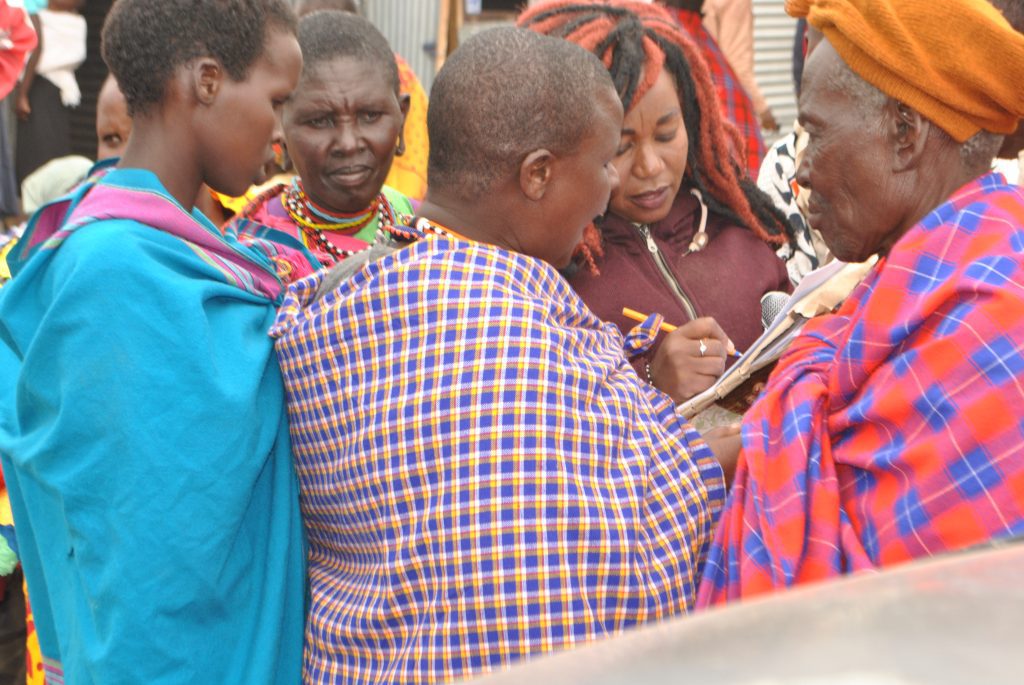
Importance of STEM education
Science, Technology, Engineering, and Mathematics (STEM) education plays a pivotal role in empowering girls by providing them with the knowledge, skills, and opportunities for employment which will facilitate them to break access better job opportunities, and contribute meaningfully to persona, family and societal development breaking gender stereotype which places the Maasai girl as a source of wealth from dowry. STEM will be guided by key pillars which are Collaboration, character building, communication, critical thinking, and creativity. Besides, the girls will develop critical thinking, get exposed and develop broader world views and perspectives, high-paying and rewarding careers, equip them with the skills and confidence to contribute to solving some of the global pressing challenges, realize their full potential. Girls need to engage in STEM from an early age and keep providing them ongoing support and mentorship to lead to long-lasting positive outcomes for girls themselves, their families, and society at large.
Brilliant architectural design with breathtaking views of the city. A large, gorgeous fitness facility, indoor and outdoor pools, private underground parking, and an impressive green park that stretches over an area of 200 square meters.
Role of AI in Education
Artificial Intelligence (AI) can revolutionize both e-learning and STEM education by enabling greater learner engagement in learning thus improving learning outcomes. It can support the development of critical thinking skills in science, technology, engineering, and mathematics (STEM) by enabling learners to access personalized learning experiences, access learning resources. It can automate educational administrative tasks, and enhance the overall quality of education. AI can address many of the challenges that educators, students, and institutions face in teaching learning process.
Project Description
Mobile STEM Labs: The concept of mobile STEM Labs refers to the use of portable technology, learning resources, and approaches to facilitate learner engagement in Science, Technology, Engineering, and Mathematics (STEM) subjects to make STEM education and experiences more attractive, interactive, accessible and flexible. It is leveraging portable technologies to engage, inspire, and educate learners and motivate them to learn STEM subjects. The Labs are presented through mobile devices, apps, or outreach programs and are designed to provide real-time, hands-on learning opportunities, and engage learners with interactive and dynamic STEM experiences bridging gaps of learning in traditional teacher- centered learning in favor of learner- centered approaches.
E - LIBRARY
Link to more Ebooks
Ebook
Lorem ipsum smith dlor elor tolos the aloma off shalom.
Ebook
Lorem ipsum smith dlor elor tolos the aloma off shalom.

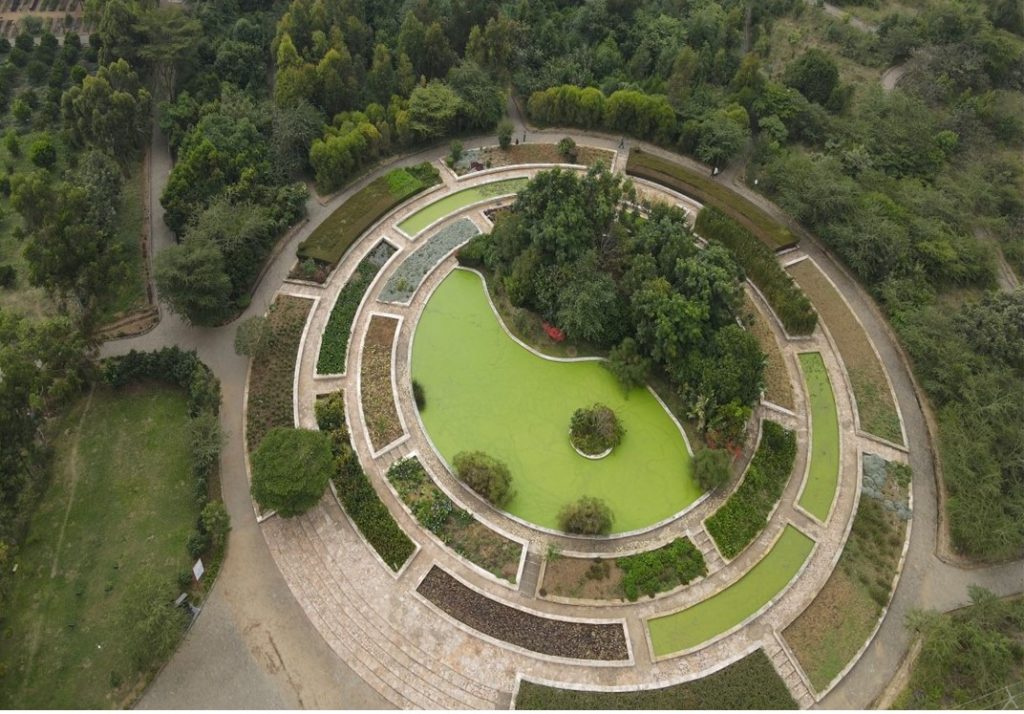

The implementation of learning with STEM labs will ensure that students gain hands-on, meaningful, and engaging experiences designed to immerse students in the exploration of science, technology, engineering, and mathematics through interactive, Symposiums, Science Congress and workshops, Mentorship programs and real-world applications. Some STEM Labs will be mobile and others stationary. Since electricity is a challenge, solar energy will be used in many places. Generators, power source;
How will learning with STEM labs be implemented
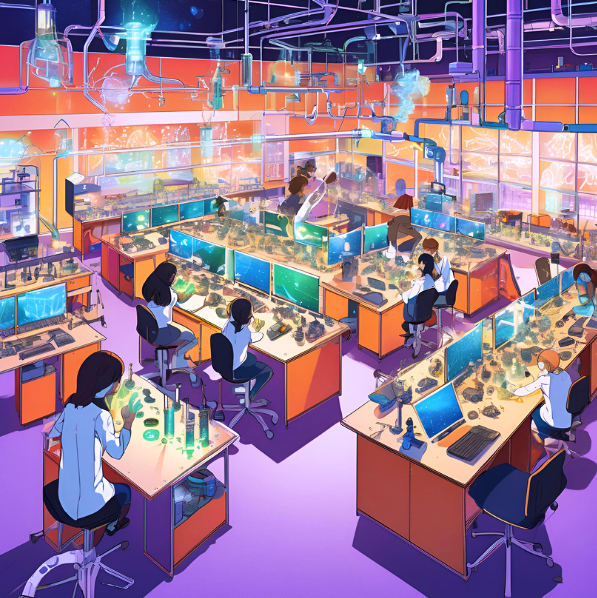



E-Learning Platforms:
Explain the eLearning platforms that will be used and how AI will be integrated.
Word press learn dash which is open and free or subscribe
AI to integrated with the STEM lab- AI will track weak learner and support the teacher to help and recommend material for use, supplementary material for personalized learning- if funding is provided-needs policy for use of AI in teaching
AI Engine and servers not in university. Set mobile STEM Labs. Need training for tech team licensing
Integrate AI in and e-learning in LMS
Project Phases: Detail the phases of the project from planning to implementation and evaluation.
- Planning
- Identification of target participants: school girls, teachers, community leaders, policy makers
- Questionnaire development, validation, data collection and analysis, report writing and publish findings
- Writing comprehensive Literature review, following the seven steps model, publish
- Base line survey
- Data analysis and presentation
- Publishing the findings of comprehensive and base line survey
- Writing concept note
- Writing and submission of proposal for funding
- Implementation in Narok and Kajiado counties
- Sensitization of teachers, Girls, parents, community, project team and all key stake holders.
- Training of project team including the Tech team, teachers
- Set up STEM mobile labs and AI
- Content module created and uploaded
- Integrate AI in e-learning in LMS
- Teaching and Learning
- Monitor and evaluate students learning in a new way
- Do reports
Downloads
Click to download all relevant Questionnaires and Reports.
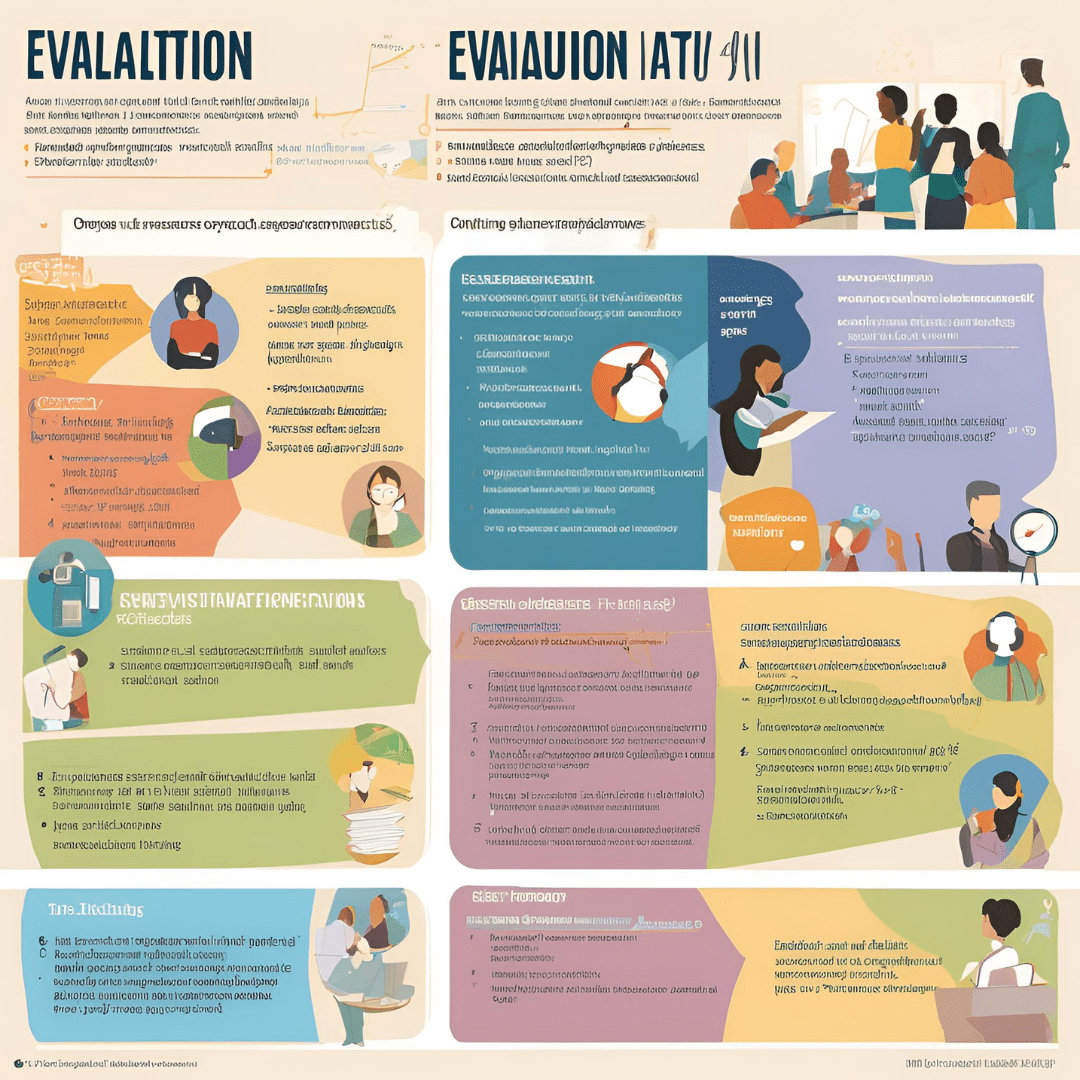
Evaluation
- Assessment of learning- formative and summative
- Portfolio, rubrics, observation, oral question and answer
- Projects
- Creativity and innovations
- Critical thinking and analysis
- Number of Sensitized groups and stakeholders
- Number of trained project team including the Tech team, teachers
- Set up STEM mobile labs and AI
- Content module created and uploaded
- Integrate AI in e-learning in LMS
- Teaching and Learning
- Do reports
Methodology; Research Design: Outline the research design and methods to be used
Multi – disciplinary Mixed method research approach which allows a combination of qualitative and quantitative method of gathering data involving people from different disciplines will be used. The combination of qualitative and quantitative research allows triangulation of data which helps counter limitations of one method, gaining a complete understanding of the research. Both data will be collected simultaneously.
Data Collection(surveys, interviews, observations, focused group discussions)
Data will be collected in form of a baseline survey. Data on the current status of Maasai girls education in STEM will be gathered and cleaned for analysis and presentation
Data Analysis: both qualitative and quantitative methods will be used for analyzing the collected data.
A project management tool such as ASANA will be used, if possible and if not, after data cleaning, it will be analyzed with support of the Statistical Package for Social Sciences.
Expected Outcomes
- Empowerment Metrics to be used to measure empowerment of Maasai girls in uptake of STEM will include: girls’ school enrolment rate, class attendance, retention, participation, transition rates, observed passion, rate of practical skills acquisition such as skills in use of lab equipment, number of projects completed, number of innovations made.
- Educational Improvements: Describe the expected improvements in STEM education and e-learning.
- These will be improvement in knowledge, attitude and skills development, academic improvement, enrolment improvement or otherwise, skills acquisition, engagement, participation, social and cultural transformation, level of understanding importance of stem and more parental support
- Long-term Impact: Discuss the potential long-term impacts on the lives of the girls and their communities. Expanded Job opportunities for the girls, development of problem solving which they will apply in solving personal and societal challenges and economic independence
- Educational Institutions: List the schools and universities involved. Maasai mara university and local junior secondary schools in Narok and Kajiado counties of Kenya
- Government and NGOs: Mention government bodies and non-governmental organizations that support the project. None
- Technology Partners: List the tech companies and platforms that will provide AI and eLearning tools. Possibly Huawei which supports AI in institutions
- Case Studies: Include hypothetical or past success stories of similar projects.
- Testimonials: Share quotes from stakeholders, educators, and participants.
- Volunteering: Information on how individuals can volunteer or contribute. Prof Furuma Alphonse CEO of Diversity Education Institute (DEI)
- Partnerships: How organizations can partner with the project. Establish shared goals, leverage complimentary skills, create a detailed plan, share resources, manage intellectual property rights, Knowledge exchange, secure funding together, engage in open communication channels
- Donations: Provide options for making donations to support the project. Mobile labs, computers, solar panels, internet connectivity
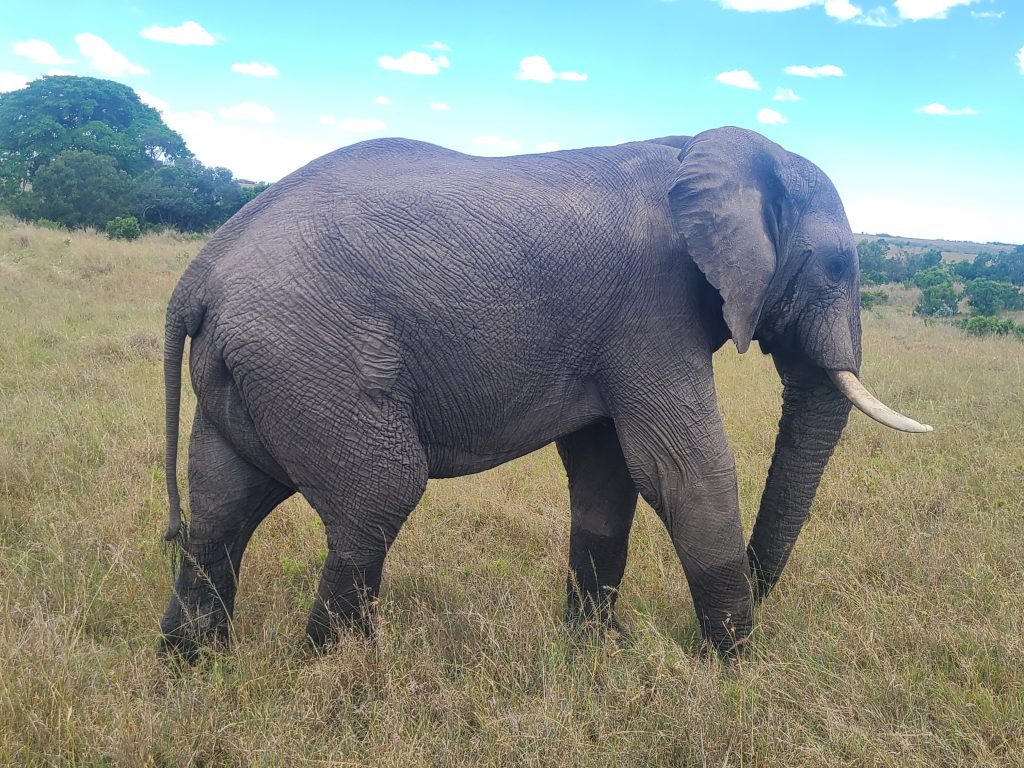

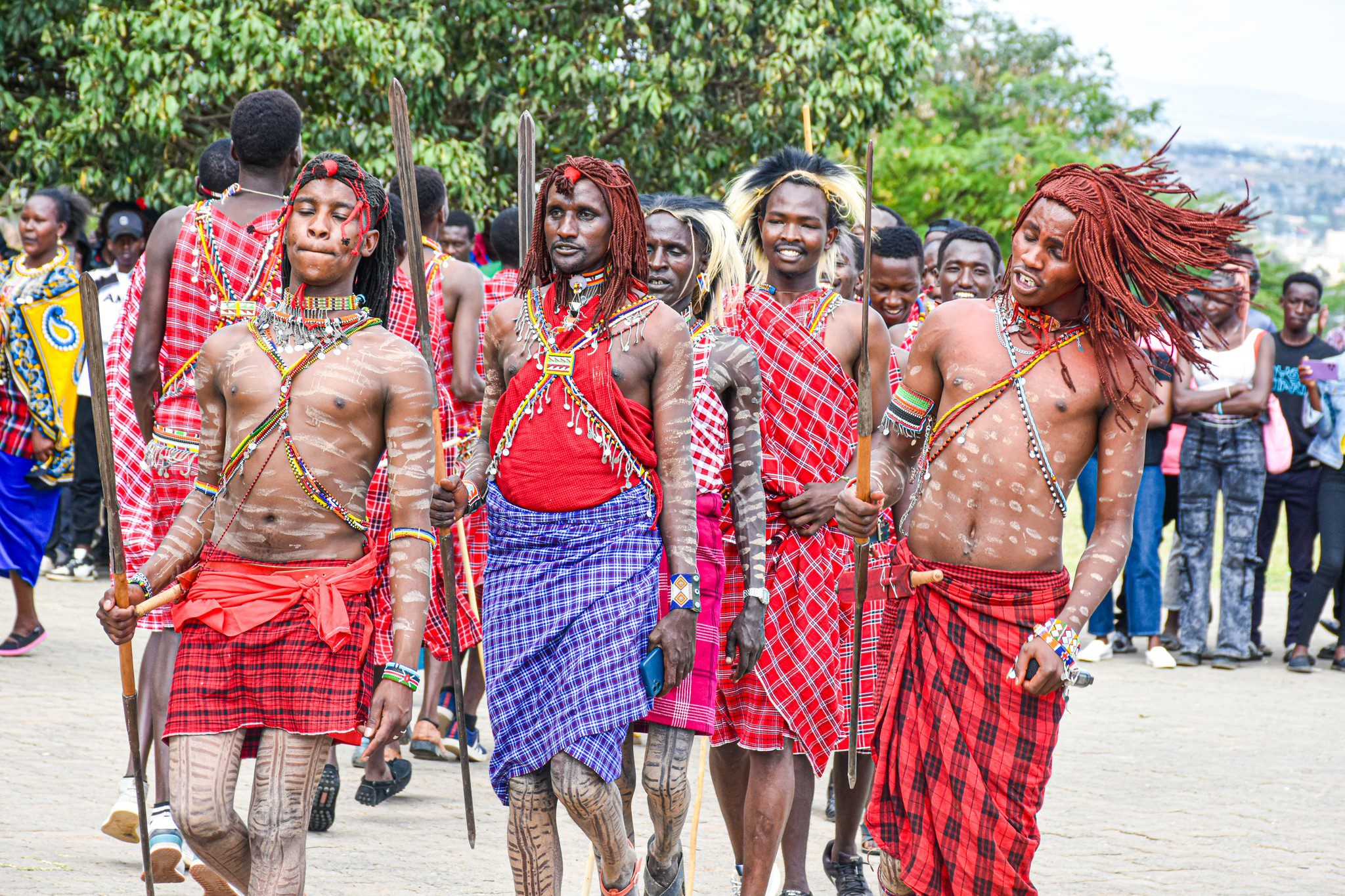
Project Team: Project team members and their roles.
- Prof. Stella Kirui P1- Science, Biology
- Prof. Florence Kisirkoi Co-PI- Curriculum Studies, Development and Instruction
- Prof. Francis Mburu- Chemistry. Deputy Vice Chancellor Research, Orientation and Outreach
- Dr. Jane Ombati CO-PI – Culture and gender
- Dr. Joash Bii- ICT
- Dr. Anil Head of IT
- Mr. Leaky Omwenga – IT support team
- Mr. Mark Anyanga – IT support team
- Dr. Chris Kaneba- Mathematics and Statistics
- Dr. Jared Ombiro – Engineering
- Dr. Elizabeth Asewe- Language education
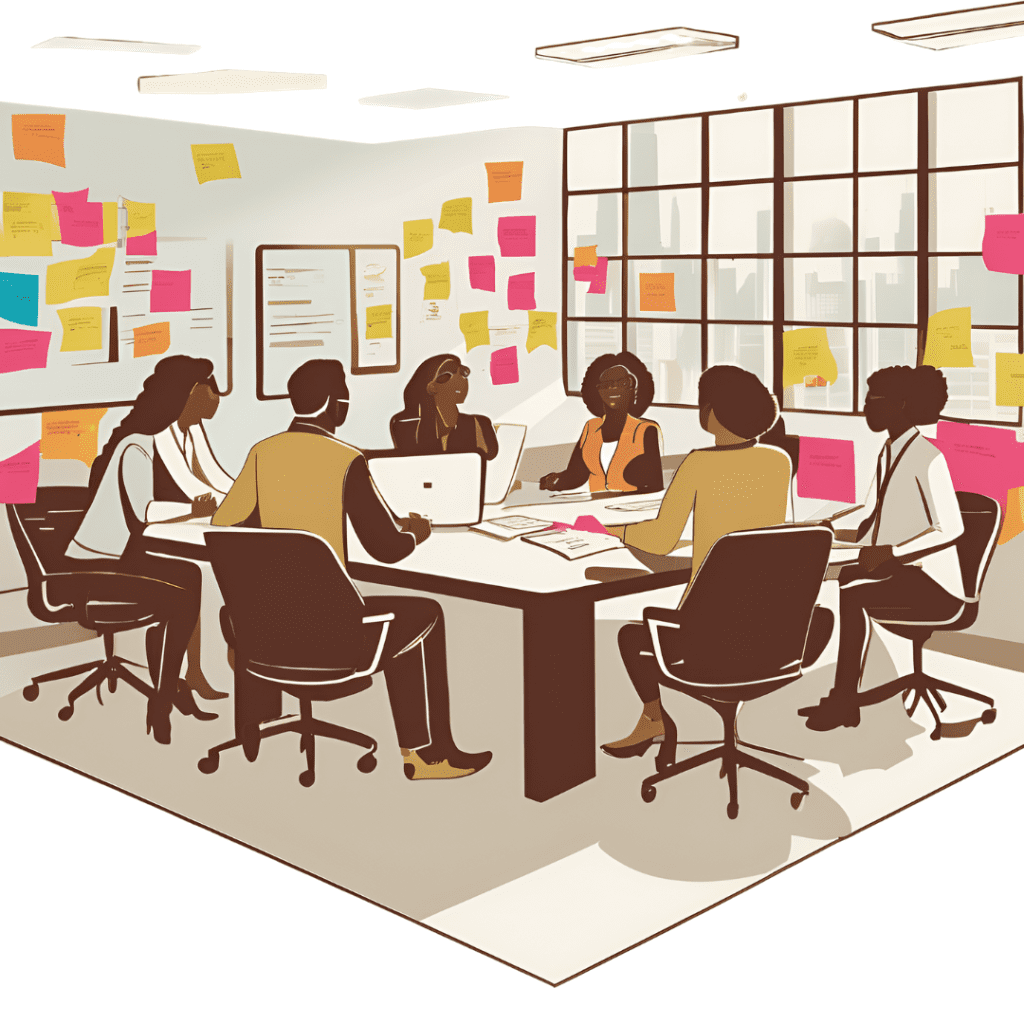
Acknowledgments: Recognize the contributions of key supporters and funders.
Furuma Alphonse Diversity Education Institute (DEI)
SAM Houston university Texas, USA
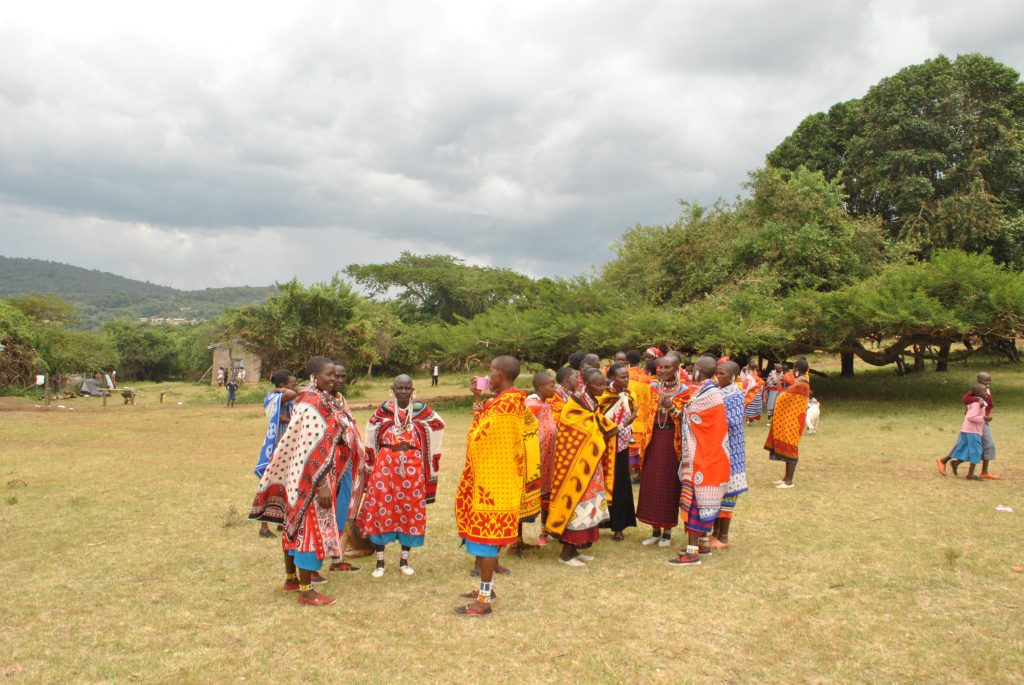
Contact Details: contact details for further inquiries or partnerships.
Prof. Florence Kisirkoi +254739668315
Email kflorence@mmarau.ac.ke and kisirkoiflorence@gmail.com
Links: Include links to related projects, articles, and educational resources.
Social Media: Provide links to the project’s social media pages for ongoing updates and engagement.
- Partners and Stakeholders
- Success Stories
- How to Get Involved
- Contact Information
- Media and Resources
